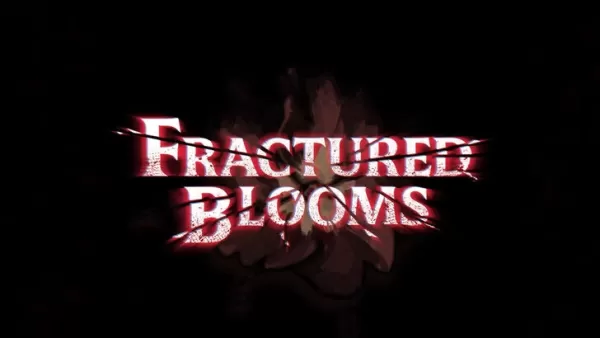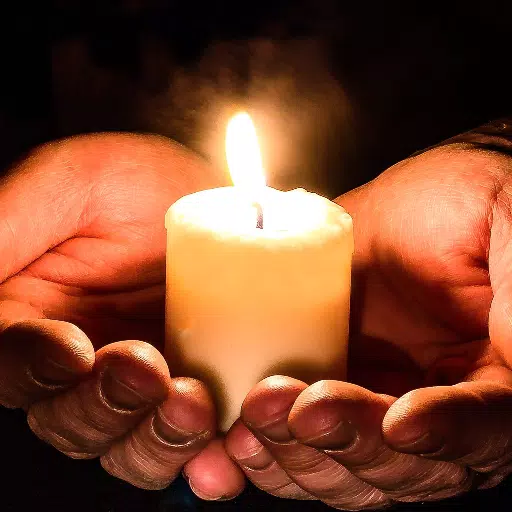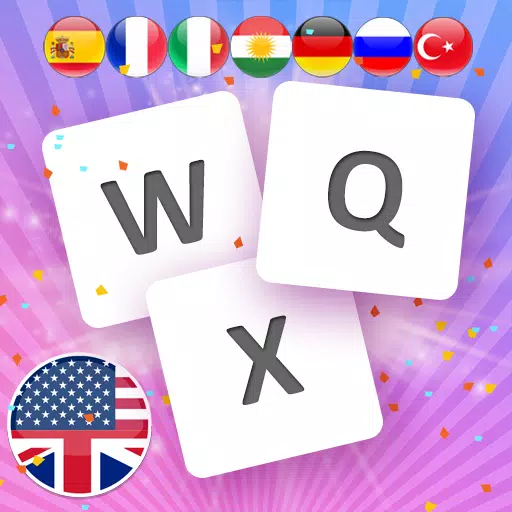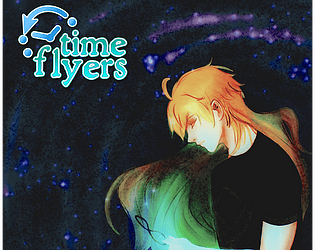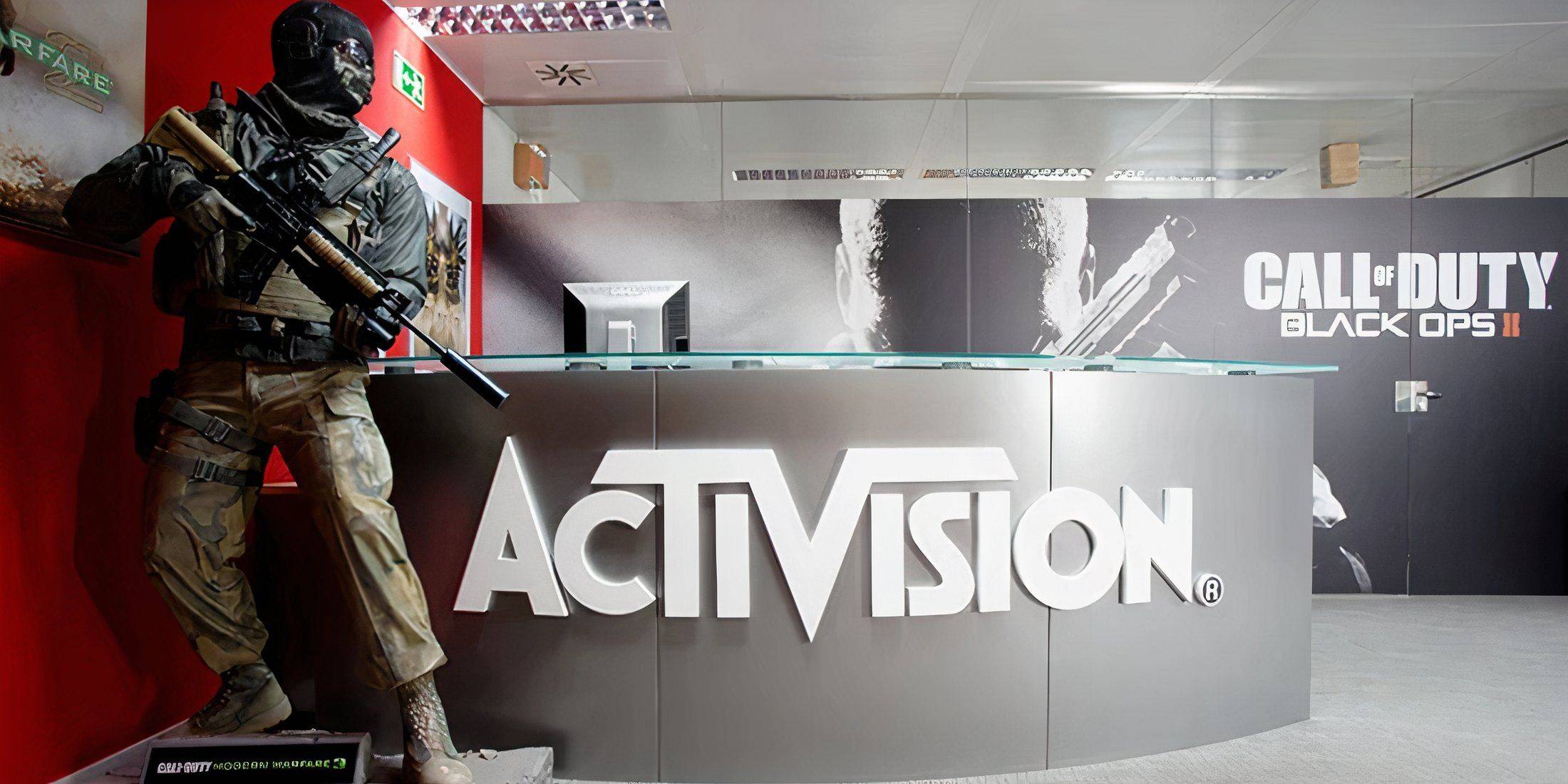
Activision Rebuts Claims Linking Call of Duty to Uvalde Tragedy
Activision Blizzard has filed a robust defense against lawsuits filed by Uvalde school shooting victims' families, rejecting claims that Call of Duty content contributed to the 2022 tragedy. The May 2024 lawsuits alleged the shooter's exposure to the game's violent content influenced his actions.
The May 24, 2022 Robb Elementary School shooting resulted in the deaths of 21 individuals (19 children and 2 teachers) and injuries to 17 others. The shooter, a former Robb Elementary student, was a Call of Duty player, having downloaded Modern Warfare in November 2021 and using an AR-15 rifle, similar to one depicted in the game. The original complaint also implicated Meta, alleging Instagram facilitated the shooter's connection to firearm manufacturers and exposure to AR-15 advertisements. The families argued both Activision and Meta fostered a harmful environment encouraging violent behavior among vulnerable youth.
Activision's December filing, a 150-page response to the California lawsuit, categorically denies any causal link between Call of Duty and the tragedy. The company invoked California's anti-SLAPP laws, designed to protect free speech from frivolous litigation, seeking dismissal of the case. Furthermore, Activision asserted Call of Duty's protected status under the First Amendment, arguing that accusations based on the game's "hyper-realistic content" infringe upon this fundamental right.
Expert Testimony Supports Activision's Defense
Supporting its position, Activision submitted declarations from experts. A 35-page statement from Notre Dame professor Matthew Thomas Payne counters the lawsuit's characterization of Call of Duty as a "training camp for mass shooters," arguing its depiction of military conflict aligns with established conventions in war films and television. A separate 38-page submission from Patrick Kelly, Call of Duty's head of creative, details the game's development, including the $700 million budget allocated to Call of Duty: Black Ops Cold War.
The Uvalde families have until late February to respond to Activision's extensive documentation. The case's outcome remains uncertain, but it underscores the ongoing debate surrounding the relationship between violent video games and mass shootings, a recurring theme in similar legal battles.



